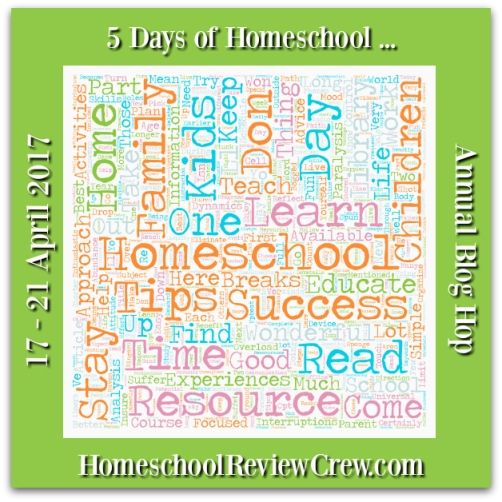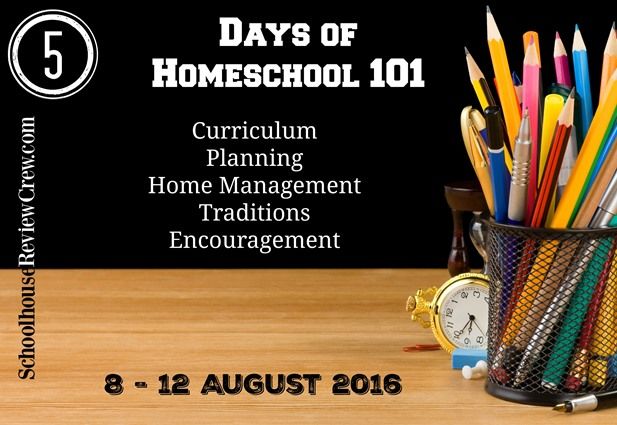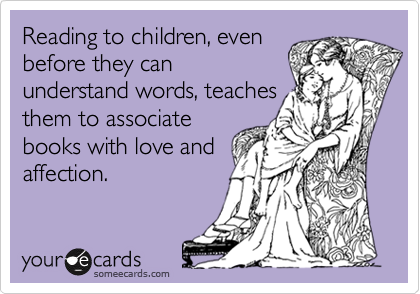"The panoramic method unrolls the landscape of the world, region by region, before the eyes of the scholar with in every region its own conditions of climate, its productions, its people, their industries and their history. This way of teaching the most delightful of all subjects has the effect of giving to a map of a country or region the brilliancy of colour and the wealth of detail which a panorama might afford, together with a sense of proportion and a knowledge of general principles.” Charlotte Mason Vol 6 p 228
Geography is often thought of synonymously with mapping but this is only a small part of geography. Geography is all about places to begin with but ultimately it's about the people and those places. C. C. LONG, Ph.D. had this to say:
Geography may be divided into the geography of the home and the geography of the world at large. A knowledge of the home must be obtained by direct observation; of the rest of the world, through the imagination assisted by information. Ideas acquired by direct observation form a basis for imagining those things which are distant and unknown.Geography begins with finding the content you are learning about and then it drills down to countries and finally cities. It has taken me a few years to discover what a living geography text is but the journey has been worthwhile. The first living geography books I ever read were by Holling Clancy Holling.
The process was so easy. Read the book, find the place on the map at the end of each reading. Learning to know the names of places takes practice and for each family this needs to take on it's own form. Some families print maps and fill them in daily, others use tracing paper and trace the maps and fill them in until through route it is learned and others use geography songs.
I am directionally challenged and am eternally grateful that gps navigation is now at my finger tips. As immigrants we posses an un-quenching desire to see the world around us and as such love to explore new places. I find there is no better way to learn geography then to go for trips both short and long. Stop and read memorials where ever you go and you will soon build a repertoire of places and people. Many signs will explain things of significance and these days the information on geology and ecology abound in public places.
I have found some amazing resources and explanations on teaching Geography from a Charlotte Mason perspective, that I would rather not reinvent the wheel but would encourage you to grab a warm cuppa and read a few of the posts I have found below.
The Parents Review - Geography
A Monthly Magazine of Home-Training and CultureEdited by Charlotte Mason
- Imaginations as Cultivated by the Teaching of Geography and History by M.P. Volume 6, 1895-1896, pgs. 110-117
- Some Methods of Teaching Geography by The Rev. F. R. Burrows, M.A., Ancaster House School, St. Leonard's-on-Sea. Volume 7, 1896, pgs. 340-347; 414-425
- A Lesson in Geography by Miss S. F. Stead Volume 8, no. 1, 1897, pg. 34
- The Teaching of Elementary Geography by A.W. Gundry, M.A. Volume 11, no. 3, 1900, pgs. 168-174
- The Teaching of Geography Part 1 by J. H. Raundrup, M.Sc. Volume 12, 1901, pgs. 684-691
- The Uses of Books in Geography by Miss C.N. Heath Volume 14, 1903, pgs. 930-936
- Knowledge of the Universe by G.L. Davies, B.Sc. Volume 75, no. 11, 1964, pgs. 264-271
On the WWW
- Free downloads of Charlotte Mason Geography (Elementary Geography and Long's Home Geography)
- Public Domain: Elementary Geography
- Public Domain: Long's Home Geography for Primary Grades
- Charlotte Mason’s Elementary Geography – A Contemporary Guide & Map by Michele at Homeschooling DownUnder.
- History and Geography for Homeschools
- Our Journey Westwood - Around the World One Living Book at a Time
- Simply Charlotte Mason - Visits to Geography
- Teaching Geography: Subject by Subject, Part 4 by Sonya Shafer
- Maps and Map Markers
- Good Story telling Geography DVDs
- Living Books Geography – failures and recommendations
- Geography Resources you might like.
- The Panoramic Method – Charlotte Mason Geography
- Charlotte Mason on Teaching Geography
- How to do Frugal Charlotte-Mason-Style Geography
- What Geography Looks Like
Blessings
Chareen
There are some pretty fabulous posts the crew have been sharing and I would encourage you to grab a cuppa and spend some time cruising the blog hop list at the bottom of this post.






































